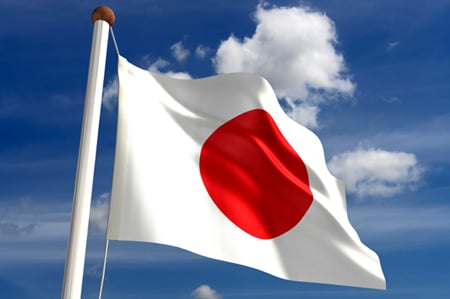Japan's Nikkei 225 has fallen 12% since an earthquake ripped the country on March 11. U.S. investors should consider buying ADRs of Japanese stocks.
Capital will go to a country that needs it while investors may reap a profit within two to five years. Consider this: as of Friday, some of Japan's top companies were priced at less than 0.8 times their per-share sales. The same multiple for the S&P 500 is 1.3.
As for allocation: Five percent might suffice for medium-risk investors. up to 15% for others. (Conservative folks: forget it). I also suggest investing in stages: a third should be invested when the Nikkei shows signs of a rebound, another third when that index has gone two weeks without a big decline. The final third goes in when the Nikkei average, now at 9,206, gets back above 10,000.
Toyota
Toyota, based in Toyota City, looks attractive to me, partly because of its international balance. It gets about 30 percent of its auto and truck sales in Japan, 30 percent in North America, and 40 percent in the rest of the world. Although it is mainly a car and truck maker, Toyota also constructs homes. Its services as a home builder should be in heavy demand in Japan in the next two years.
Honda
Honda is based in Tokyo. The manufactuer looks reasonably valued, and analysts expect that its earnings will double in the fiscal year that ends this month.
Mitsubishi
Mitsubishi, also Tokyo-based, is a diversified industrial conglomerate sometimes compared with General Electric Co. Its products include consumer goods, metals, machinery, electronics, and chemicals. itsubishi stock is trading at what I consider compelling valuations. The company's debt is higher than I would prefer; it exceeds stockholders' equity.
Sony
Sony boasts a stronger balance sheet that Mitsubish. The company is just finishing up its fiscal year this month. Analysts think it will swing from a loss to a profit this year.
NTT
Nippon Telegraph & Telephone Corp., located in Tokyo, has shown little revenue growth in the past seven years. It seems to me, though, that rebuilding Japan will result in increased phone and data traffic. The company has a dividend yield of 3.3 percent, amply covered by earnings. The stock is priced at 0.5 times sales.
Nippon Steel
Nippon Steel Corp., Japan's largest steelmaker by revenue, is likely to see demand increase as structures are rebuilt in northern Japan. It trades for less than 0.5 times sales.
(John Dorfman, chairman of Thunderstorm Capital in Boston, is a columnist for Bloomberg News. The opinions expressed are his own. His firm or clients may own or trade securities discussed in this column.)







